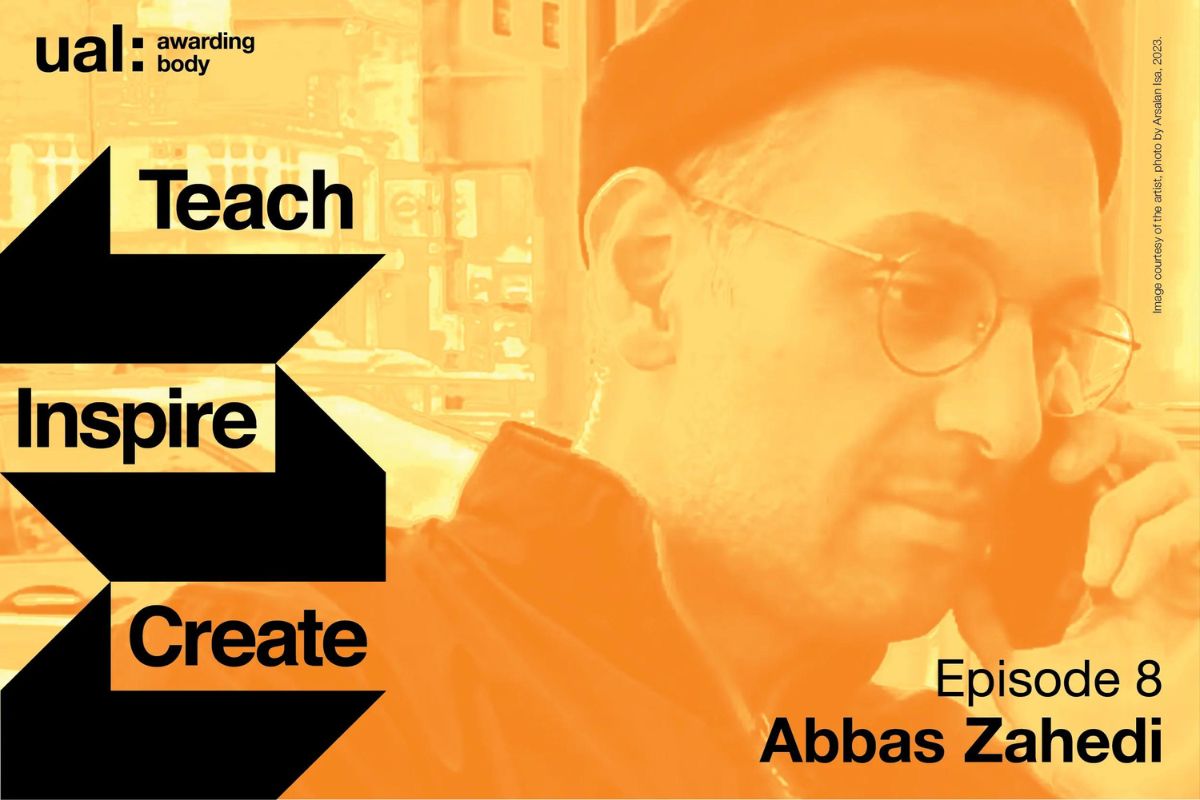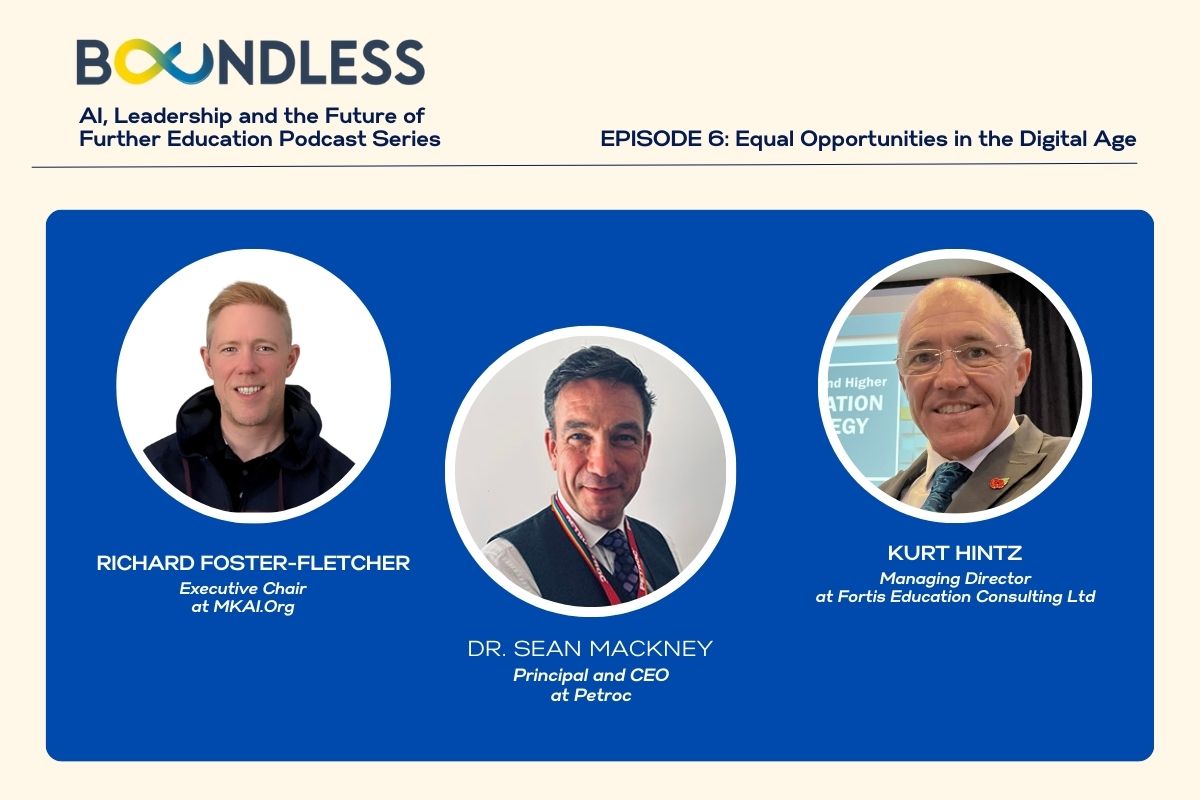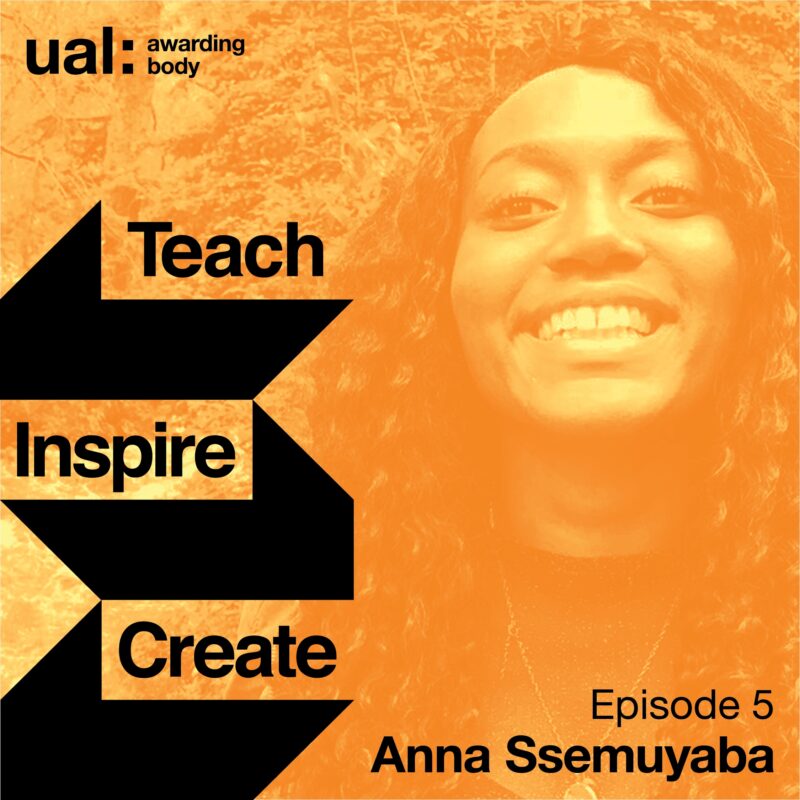Understanding reasonable adjustments: Your key to supporting apprentices through to completion

#NoLearnerLeftBehind – Unpacking Reasonable Adjustments in Apprenticeships and Skills with Chris Quickfall
The Equality Act 2010 sets a precedent
We know that reasonable adjustments are a legal duty for organisations when it comes to removing disadvantages faced by disabled learners.
But what about learners who receive no formal diagnosis but still experience day to day difficulties with their learning?
From our database of over 60,000 cognitive assessments, we know that one in three apprentices are neurodiverse in a way that requires support.
Reasonable adjustments are there help to improve outcomes for learners with various difficulties.
It is a real shame that the hard work of employers, training providers and learners can be undone at the last stage, during end-point assessment, if apprentices do not receive the support they need.
And how can you identify learners who need support?
When people don’t present with distinct educational needs or self-declare during their onboarding process, they can be wrongly overlooked, and it may become too late to support that learner.
Equally, “the reasons why people are unlikely to be forthcoming with their support needs are that they are concerned about the reaction they may get from employers, should they do so.” (Mencap, 2019)
So what can we do?
Over the past eight years, more than 40 per cent of people who started an apprenticeship in the UK did not achieve their apprenticeship.
(House of Commons Apprenticeship Statistics, 2020)
There is no doubt that the lack of reasonable adjustments has a role to play in such consistently low achievement rates.
Training providers need to be aware that they are still required to support apprentices with LDD after Gateway. And end-point assessment organisations need to ensure these support measures can be carried out on the day of assessment.
But what’s the process for reasonable adjustments? How can we make it easier on organisations and help people to know exactly where their responsibility lies…?
*Waves a magic wand*
Our new white paper “Reasonable Adjustments and Beyond: How to remove barriers to learning.” on reasonable adjustments answers these questions and looks at the collective responsibility for reasonable adjustments.
The paper has already been downloaded by over 140 organisations and nearly 200 people!
To follow that up, we also have our new Reasonable Adjustments Series.
Four panel discussions bringing together insight from independent training providers, end-point assessment organisations, Government and auditors on best practices and real-world impacts.
You know what to do: Get your copy of the white paper here, and register for the first event panel here:
FE News chat with Chris Quickfall, CEO and Founder of Cognassist to unpack Reasonable Adjustments in Apprenticeships and Skills:
Our brains are more unique than a fingerprint but far more complex!
We all think, learn and experience the world differently. And whilst we’ve made progress in accelerating inclusivity in education, significant barriers exist for many learners.
Put simply, reasonable adjustments are the measures taken to make learning, education and, more broadly, the world equally accessible to everyone.
Think left-handed scissors.
If you want to get technical: (Source)
“A reasonable adjustment relates to an adjustment that helps to reduce the effect of a disability or a physical or mental health condition, which may place the apprentice at a disadvantage compared to others.”
What is crucial is that employers, training providers and EPAOs have a legal duty, under the Equality Act 2010, to provide reasonable adjustments. The Higher Education sector has been executing reasonable adjustments to a high standard for years, it’s time the FE sector did the same.
In this discussion, we’ll be unpacking reasonable adjustments in detail, discussing the recent changes in guidance for apprentices and sharing practical insights into how to implement reasonable adjustments for your learners.










Responses